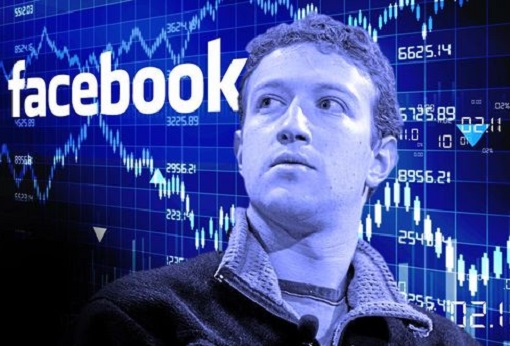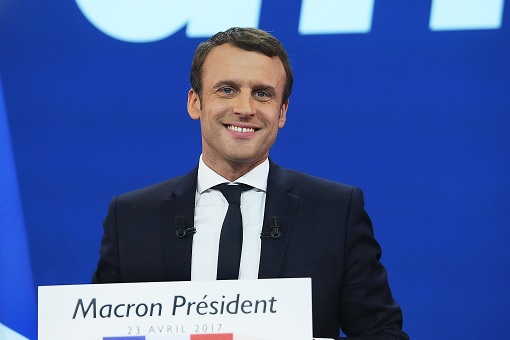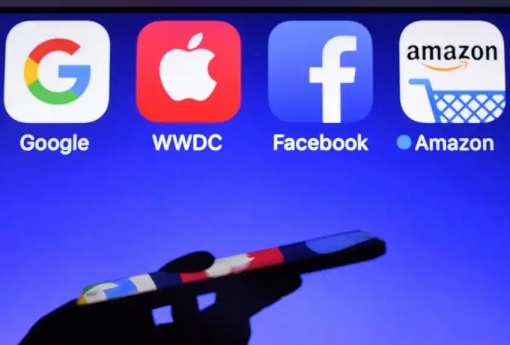Thanks to Cambridge Analytica scandal, European Union has now found the excuse to regulate Facebook. The data-harvesting scandal has essentially opened the floodgate, presenting a golden opportunity for the EU to contain the growing influence of the world’s largest social media company. Well, don’t blame the EU – it was Zuckerberg’s fault.
The co-founder of Facebook, in his desire to grow the company, had endorsed practically any tactic for growth – even if Facebook could get people killed (including terrorist attacks). That explosive leaked internal memo pretty much confirms Zuckerberg’s belief – “Move fast and break things. Unless you are breaking stuff you are not moving fast enough.”
After the revelation of data-harvesting scandal, Mark Zuckerberg initially went into hiding, but not for long. Facebook stock price plunged like a rock. He eventually appeared to say sorry in full-page advertisements in both British and U.S. newspapers. He also agreed to testify before Congress about the data breach scandal engulfing the company. But there’s one thing he refused to do.

He declined a request by British MPs to appear before a parliamentary committee to give evidence in response to allegations that user data was misused. He also refused a request by European Parliament to come and “clarify before the representatives of 500 million Europeans that personal data is not being used to manipulate democracy”.
Suddenly, the EU realizes that tech giants such as Facebook, and Google or Amazon for that matter, is not just too big to fail, they are too big to be governed as well. The person who issued such warning was Emmanuel Macron. In an interview with Wired magazine, the French president spoke in length why giants such as Facebook should be dismantled.
While welcoming U.S. tech companies like Facebook or Google to invest in France, the big players also bring along several issues. Although they provide job opportunities, those companies monopolize the market and disrupt traditional economic sectors. President Macron also expressed his displeasure that the U.S. tech companies don’t pay all the taxes they should in Europe.

Last month, Bruno Le Maire, France’s minister for the economy, has revealed that a plan to levy a special tax on GAFA (an acronym for Google, Apple, Facebook, and Amazon) will soon be revealed by European authorities. The proposed tax will be levied on the four U.S. companies’ turnover, rather than profits, as it is seen as an easier way to implement.
Macron justified that it’s unfair the U.S. tech companies ask the sectors they disrupt to pay VAT, corporate taxes and other taxes. The American companies, claimed the French president, don’t play on the same level-playing field as the other players in the digital or traditional economy.
He suggested that internet giants could be forced to pay for the disruption they cause in society and submit to French or European privacy regulations. At the peak of the Cambridge Analytica scandal, it was Zuckerberg who said he was open to governments regulating tech companies. The Facebook CEO said – “The question isn’t ‘Should there be regulation or shouldn’t there be?’ It’s ‘How do you do it?'”

The French president spoke about the U.S. tech companies after announcing a €1.5 billion (US$1.85 billion; £1.32 billion; RM7.14 billion) investment in artificial intelligence research to accelerate innovation and catch up with China and the US. Such plan would put France in direct competition with Facebook and Google in the AI sector. Google has been invested in AI in France since 2012.
President Macron argued that in order to guarantee that the U.S. players will respect France and EU regulation, new law needs to be created. He said the U.S. companies must be made to share accountability and responsibility. Billionaire George Soros is another investor who has been calling for Google and Facebook to be regulated.
However, Mark Zuckerberg warned last month against governments micromanaging tech companies, and how they handle privacy breaches and offensive content. He recently attacked Germany’s new Network Enforcement Act, which says technology companies must immediately investigate hate speech complaints, delete hateful content within 24 hours or face fines of up to €50 million.

Other Articles That May Interest You …
- Growth At Any Cost, Even If People Get Killed – Leaked Memo Exposed The Greed Of Facebook
- Adding Salt To Injury – As Facebook Losses $100 Billion, Cook Mocked Zuckerberg About Privacy
- Exposed!! Facebook Collects Your Personal Calls & Text Messages For Years – Here’s How To Download Them
- Here’s How Much Your Private Data Is Worth – From $5.20 For Facebook To $247 For PayPal
- Here’s How To Check & Remove Apps That Have Access To Your Facebook Data
- WhatsApp To Sell Your Phone No To Evil Zuckerberg – Here’s How To Stop It
- Beware!! Facebook Can Tell If You’re A “Narcissist” Or “Insecure”
- Revealed – Why Facebook Mark Zuckerberg Wears The Same Shirt Every Day
- Security Tips From Edward Snowden – Get Rid Of Facebook, Google & Dropbox

|
|
April 2nd, 2018 by financetwitter
|


|

|

|

|

|

|




























Comments
Add your comment now.
Leave a Reply